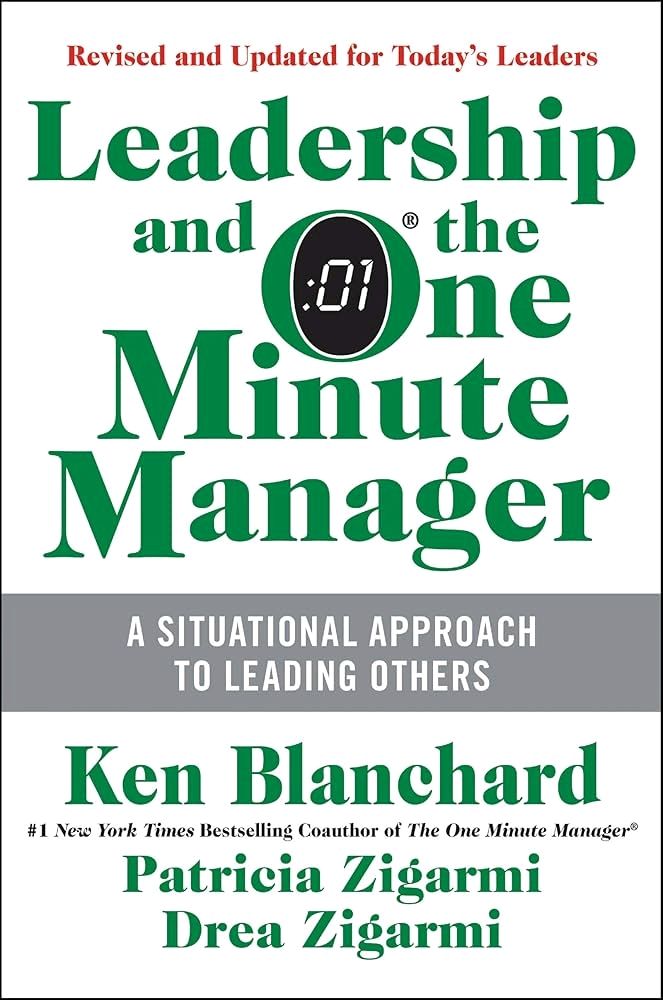Trust is a foundational principle in Teal organizations from "summary" of Reinventing Organizations by Frederic Laloux
Trust is the invisible thread that holds everything together in Teal organizations. It is the foundation on which all other practices and principles are built. Without trust, the self-management and wholeness aspects of Teal organizations would crumble. Trust in Teal organizations goes beyond the usual notions of trust in traditional organizations. It is not just about trusting that people will do their jobs; it is about trusting in people's inherent goodness and wisdom. This deep level of trust allows for a different kind of relationship between individuals in the organization. In Teal organizations, people are trusted to make decisions that are in the best interest of the organization as a whole. This requires a high degree of personal responsibility and accountability. People are not micromanaged or controlled; instead, they are given the freedom to act autonomously, knowing that they are trusted to do the right thing. This high level of trust also extends to the organization as a whole. Stakeholders, including customers, suppliers, and the community, are trusted to act in good faith. This trust creates a positive feedback loop, as people tend to live up to the expectations that are placed on them. Trust is not something that can be mandated or enforced; it must be cultivated over time. This requires leaders in Teal organizations to be vulnerable and authentic, creating a safe space for trust to flourish. Trust is built through open communication, transparency, and a shared sense of purpose. In Teal organizations, trust is not seen as a luxury or a nice-to-have; it is seen as an essential ingredient for success. Without trust, the organization cannot adapt and respond to the fast-paced and complex challenges of the modern world. Trust is what allows Teal organizations to be agile, innovative, and resilient in the face of uncertainty.Similar Posts
Flexibility is important in navigating unexpected challenges
Navigating unexpected challenges requires a certain level of adaptability and openness to change. When faced with unforeseen ob...
Invest in the professional growth and wellbeing of your team members
Fostering the professional growth and wellbeing of your team members is critical for achieving success in today's fast-paced an...

Building strong relationships is key to effective leadership
Effective leadership hinges on the ability to build strong relationships with those you lead. This means investing time and eff...
A shared vision aligns team members towards a common goal
A shared vision serves as the guiding light that illuminates the path for team members, directing their efforts towards a commo...
Strive for excellence in all you do
As we navigate the ever-changing landscape of technology and business, one principle remains constant: the pursuit of excellenc...
Engage with customers to gain valuable insights
To truly understand your customers and what drives their behavior, you must engage with them directly. By interacting with cust...

Go above and beyond to exceed expectations
To truly stand out and create a lasting impression on your clients, it is essential to go the extra mile in delivering exceptio...

Reflecting on communication patterns leads to improvement
When we take the time to reflect on our communication patterns, we open the door to improvement. By examining how we interact w...
Resonant leadership creates a positive organizational climate
Resonant leadership, at its core, is about creating a positive organizational climate that fosters growth, innovation, and prod...

Recognizing employee achievements boosts morale
Recognizing employee achievements is a crucial aspect of effective leadership. When employees feel acknowledged and appreciated...

